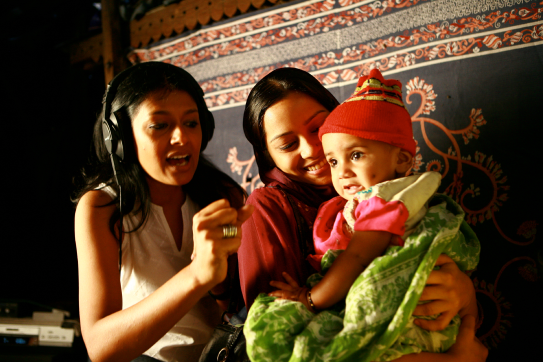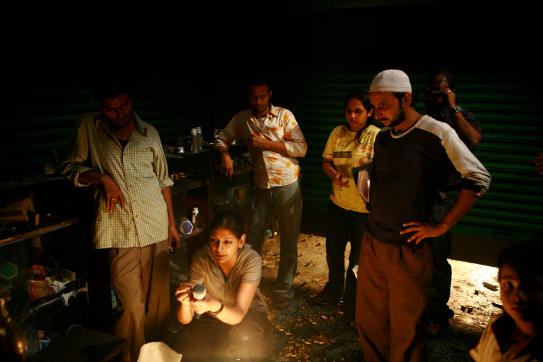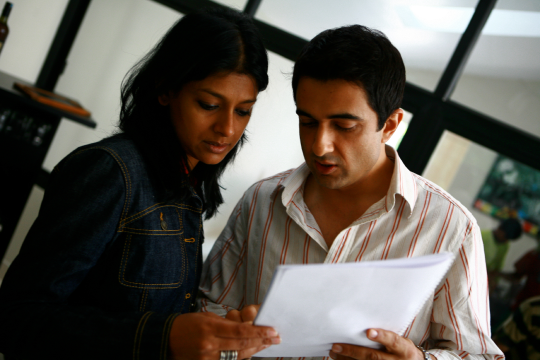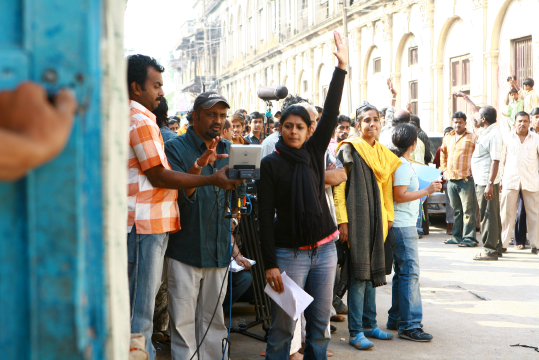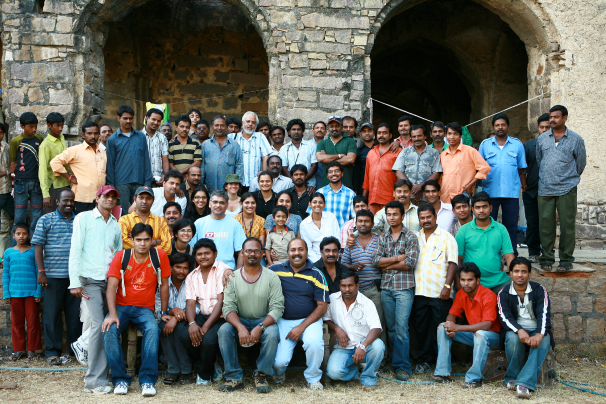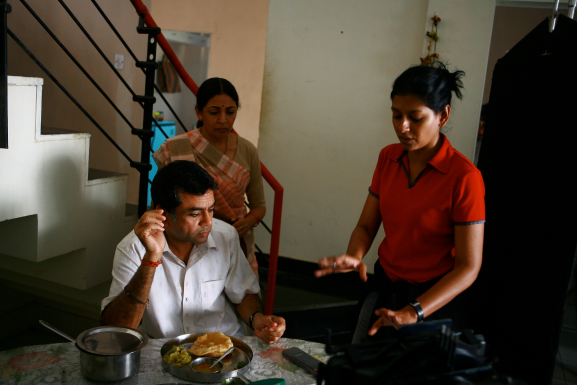Sorry, I don’t speak Odissi
- October 1, 2011
Those who don’t know me well often start the conversation with, “Das is a giveaway that you are a Bengali” or “You are a foodie like a true Bengali” and similar observations. And my response remains the same-“Sorry, but I am not a Bengali.” Their reaction ranges from shock to disappointment and the few who are quick on the uptake defend their comment by saying, “I know you are Oriya, but it is the same difference!” Today the Bengali identity was imposed on me thrice, so I couldn’t resist writing about it.
As a child I did not understand why so few people knew anything about Orissa. When people would discover my Oriya lineage, they would ask “So you speak Odissi,” and I would say, “No, I dance Odissi, and speak Odiya.” I wondered why they knew so little about a state that had so much to offer.
In my growing up years I was fortunate to have been exposed to the vast variety of Oriya food, dance, architecture, music, literature, crafts, weaves and nature in virgin abundance. Every summer holiday we would spend a month in a small town called Baripada, in Mayurbhanj district. Some of the best memories of my childhood are from there. But when I would go back to Delhi or for the second half of my holidays to Bombay, I would have to often repeat that Orissa was not part of Bengal or the northeast, where sadly the seven states have all morphed into one big block for the rest of the country.
The more informed would know about Odissi dance or the Ikkat saris, but for most, the rest was a blur. Orissa is now in the news because of the floods, but predictably tucked away in the inner pages of the paper. And if it has made it to the front pages, it has been because of the Vedantas and the Poscos of the world, and that again for the wrong reasons.
I have to admit that for the first 20 years, I could also barely claim to know Orissa, as my experience was limited to my hometown vacations. But during my master’s in social work, I opted to do my fieldwork with an organisation in Phulbani, now what is Kandhamal. I thought knowing Odiya would be a great advantage, but little did I know that Kandhas, the tribals from the area, only spoke a dialect called Kui. And that Kui and Odiya were as similar as Odiya would be to Kashmiri. That was the beginning of my discovery of Orissa.
I am a firm believer in the multiplicity of identities, and for me being an Oriya is just one of the many things that I am. In fact it was only the assumption of me being a Bengali that got the Oriya identity out of me. Anyhow the issue is surely not the conflict between the two states, but an earnest attempt to make people look at Orissa for what it really is. And I want to believe that I am doing this with utmost objectivity. But before you Google Orissa and find its many untouched treasures, let me warn you that the word now to look up is Odisha. The nationalistic pride in our country only seems to manifest in wanting to change the colonial names (in this case just the spelling). Never mind the cost of this meaningless modification, but why would they call the state Odisha, when Odiyas themselves can’t pronounce ‘sh’? They will continue to call it Odissa. Whether it is Orissa, Odisha or Odissa…, it is not going to change the neglect it has suffered for decades. What’s in a name, when the rest of the world is not going to need to spell it too often? I know all this sounds a bit cynical, but start a conversation about Orissa and you will know why I say this.

